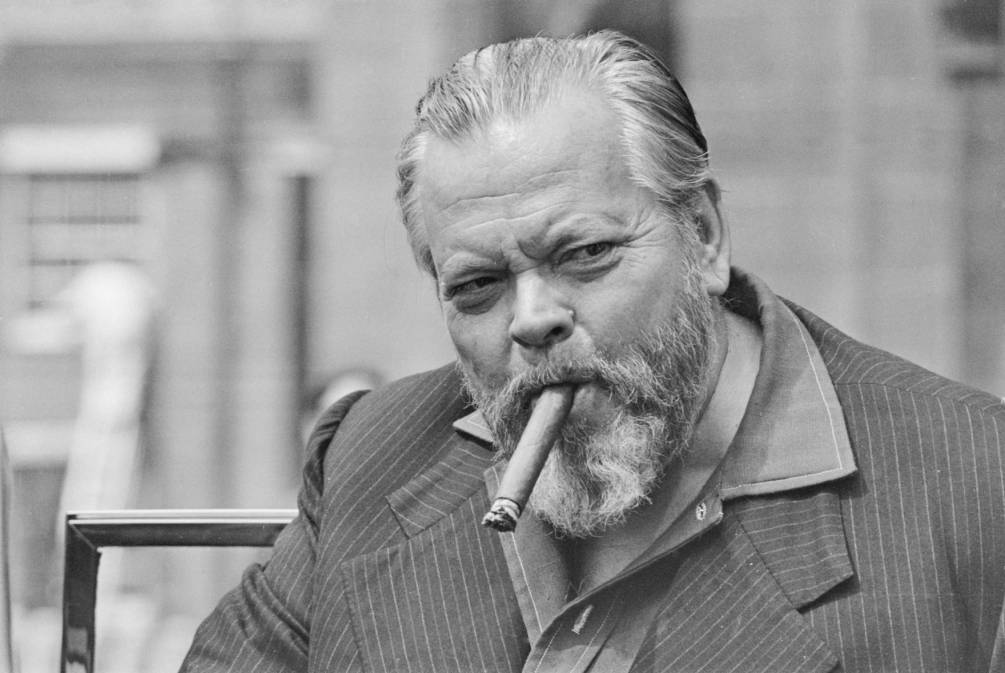For me, almost everything that's called "directing" is a great bluff. In the cinema, there are very few men who are real directors, and of these, very few who have much opportunity to direct. The only "direction" of any importance is exercised in the process of editing...But for my style, for my vision of the cinema, editing is not simply one aspect: it's the aspect. The notion of "directing" a film is the invention of critics like you. It isn't an art, or at best it's an art only one minute a day. That minute is terribly crucial, but it occurs very rarely. The only time one is able to exercise control over the film is in the editing. Well, in the editing room I work very slowly, which has the effect of arousing the ire of the producers, who then take the film out of my hands. I don't know why it takes me so much time: I could work forever on the editing of a film. So far as I'm concerned, a strip of film is performed like a musical score, and that performance is determined by the editing—just as one conductor will perform a piece of music with a great deal of rubato, another will play it dryly and academically, a third will be very romantic, and so on. The images themselves are not sufficient. They're very important, but they're only images. What's essential is the duration of each image and that which follows each image: the whole eloquence of cinema is that it's achieved in the editing room.
-From the book, Touch of Evil (interview with Cahiers du Cinema, 1958)

